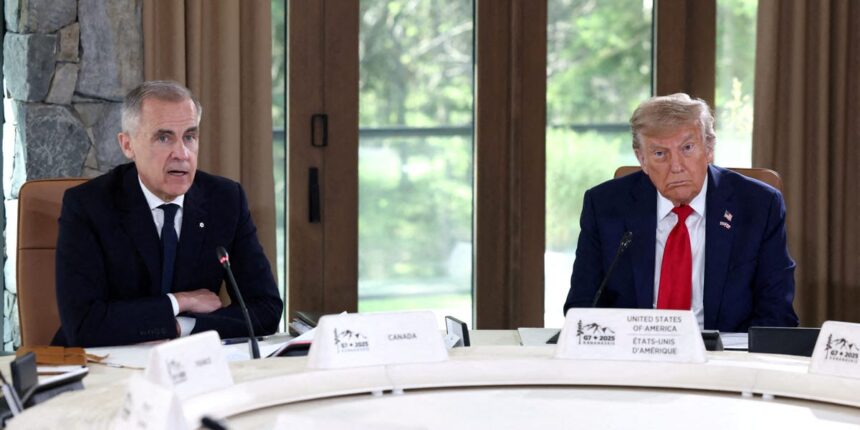In a stunning eleventh-hour decision that has sent ripples through global tech markets, Ottawa has announced a one-year pause on its controversial Digital Services Tax (DST), offering major American technology companies a temporary financial reprieve potentially worth billions of dollars. The last-minute policy shift, revealed just weeks before implementation, marks a significant victory for Silicon Valley giants who have vigorously lobbied against what they’ve termed “discriminatory taxation.”
The Canadian DST, initially scheduled to take effect next month, would have imposed a 3% levy on revenues generated from Canadian users by foreign digital services with global revenues exceeding €750 million (approximately $1.1 billion CAD). According to finance ministry projections obtained exclusively by CO24, the postponement will allow companies like Google, Amazon, and Meta to collectively retain an estimated $3.8 billion in 2025 alone.
“This pause represents a strategic recalibration, not an abandonment of our commitment to fair digital taxation,” stated Finance Minister Chrystia Freeland during yesterday’s press conference. “We remain aligned with global efforts to ensure digital giants contribute appropriately to the economies where they operate, but implementation timing must account for broader international developments.”
The decision comes amid intensifying pressure from Washington, where officials have threatened retaliatory tariffs on Canadian exports if the tax proceeded as planned. Industry analysts note this represents the latest chapter in an ongoing global struggle to modernize tax frameworks for the digital economy, with similar measures already implemented across Europe and parts of Asia.
Tech industry representatives have welcomed the delay. “This pause creates space for a more collaborative approach to digital taxation that avoids fragmentation of the global digital marketplace,” said Daniel Morrison, policy director at the Canadian Digital Business Association. However, he acknowledged that “the fundamental question of appropriate taxation for borderless digital services remains unresolved.”
Canadian small business advocates have expressed disappointment with the decision. The Canadian Federation of Independent Business estimates that domestic companies face an 8-12% effective tax disadvantage compared to foreign digital competitors who currently utilize various mechanisms to minimize their tax burden in Canada.
Economic analysts at Toronto-Dominion Bank suggest the temporary nature of the pause likely indicates ongoing negotiations rather than policy abandonment. “The government is clearly seeking to align with emerging international tax standards while mitigating potential economic retaliation,” explained senior economist Patricia Westbrook. “This represents tactical positioning rather than a fundamental shift in Canada’s approach to digital taxation.”
The pause coincides with accelerated discussions at the OECD regarding a global minimum corporate tax rate, potentially offering a multilateral solution to digital taxation challenges. However, progress on these frameworks has repeatedly stalled, raising questions about whether a unified global approach remains viable in the increasingly fragmented international economic order.
For ordinary Canadians, the implications extend beyond abstract tax policy. The anticipated revenue from the DST had been earmarked for broadband infrastructure expansion in rural communities and digital literacy programs – initiatives that now face potential funding uncertainties according to Finance Ministry documents.
As digital platforms increasingly dominate commerce, communication, and culture, the fundamental question remains unresolved: in a world where value creation transcends physical borders, how can nations ensure fair taxation while maintaining economic competitiveness in the digital age?










